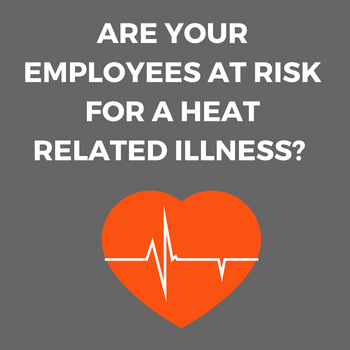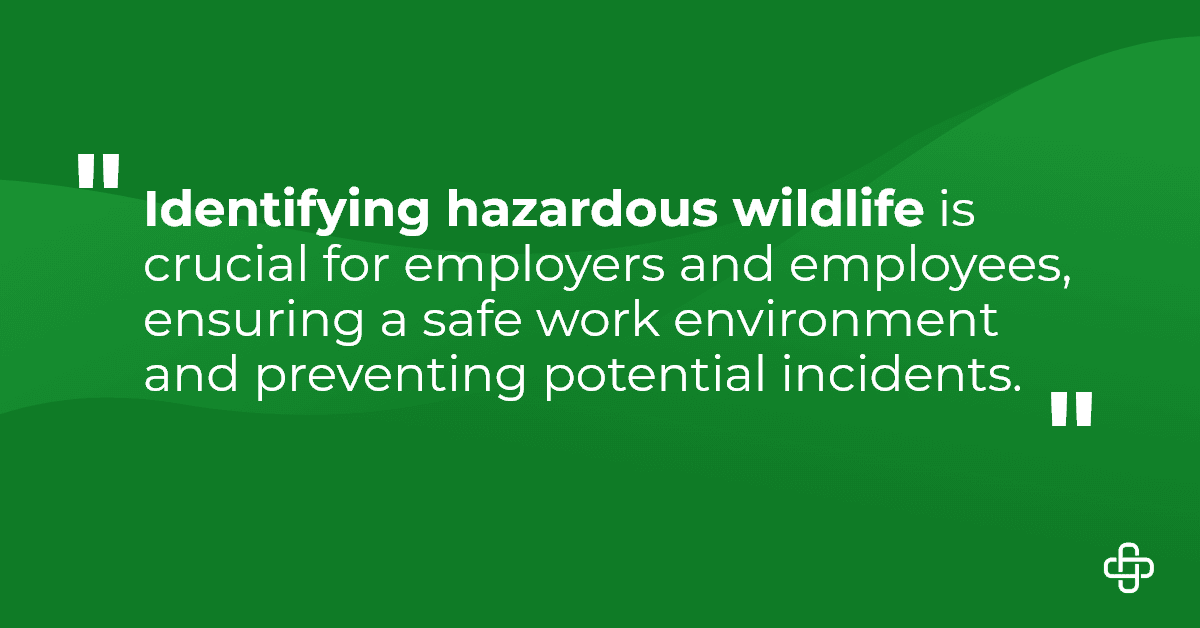
As a nurse who has ridden the summer waves of treating high volumes of heat-related illnesses and injuries, each year it seems we are progressively getting better at educating workers of the external risk factors associated with sun exposure. We reinforce the importance of:
- Hydration
- Taking Scheduled Breaks in Shaded Areas
- Wearing Heat Protective Clothing
However, one of the most dangerous factors commonly overlooked can be found no further than your morning routine – daily medications.
While the medication may be doing its job of helping lower blood pressure, manage allergy symptoms or regulate our mood, the effect the medication has within your body can cause dehydration and overheating, quickly resulting in a heat-related illness or injury.
What Types of Medications Increase Heat-Related Illness Risk?
Some of the most common medications that should be on your radar include, but are not limited to:
Heart Medications
Beta-Blockers / Calcium Channel Blockers
Think of these as your “slow down” meds. Just as they are designed to decrease your heart rate and bring down blood pressure, they ultimately slow down the blood flow to the skin. As that occurs, the body has a harder time regulating temperature through the skin.
Diuretics
Commonly referred to as “water pills” used to treat a variety of conditions, such as high blood pressure, glaucoma and edema, these types of medications produce increased urination, increasing your risk of dehydration.
Mood Medications
Anti-depressant and anti-psychotics (neuroleptics) inhibit the body’s ability to sweat and increases sensitivity to the heat or sun.
Allergy / Cold-Sinus Medications
While typically considered over the counter, these medicines may make you sweat less, causing your body temperature to increase.
The key to preventing medication-impacted heat-related illnesses and injuries starts with awareness.
Utilize reminder tools, such as the Axiom Heat Related Illness cards to open the conversation and serve as a refresher for all things heat-related prevention.
After reviewing the card, you may want to encourage employees to speak with their personal doctor for further discussion of their specific health condition.
How Do You Know Employees are Safe to Work while Taking Medications?
Appropriate medication management is instrumental in the safety and productivity of an employee.
Through medication reviews, Axiom’s registered nurses will gauge the safety of your employees by reviewing a medication’s effectiveness, dosage and potential side effects that could impact their ability to safely perform their working duties.
HIPAA compliant medication reviews cut down on medical claim costs, lower your short-term disability costs, and provide a quick and safe return to work.
Give us a call at 281.465.7100 to find out how important Axiom Medication Reviews can be for both the employer and employee.

Holly is an ER nurse by trade, but loves content marketing. She was born outside the box and believes everything is better with “sprinkles and sparkles”. She is passionate about impacting lives and uses marketing as her platform for sharing practical solutions to address real life occupational health challenges.
Find out more about our Injury Case Management services or our Occupational Health Programs.












